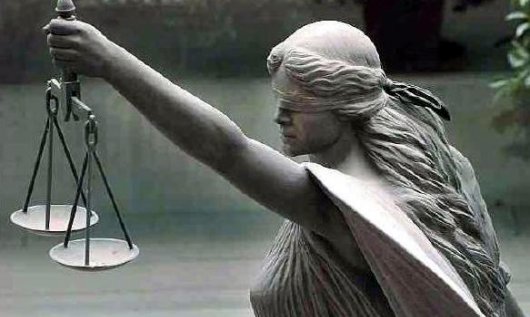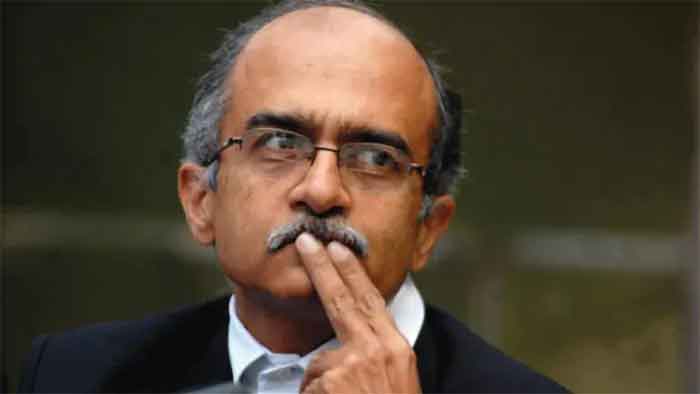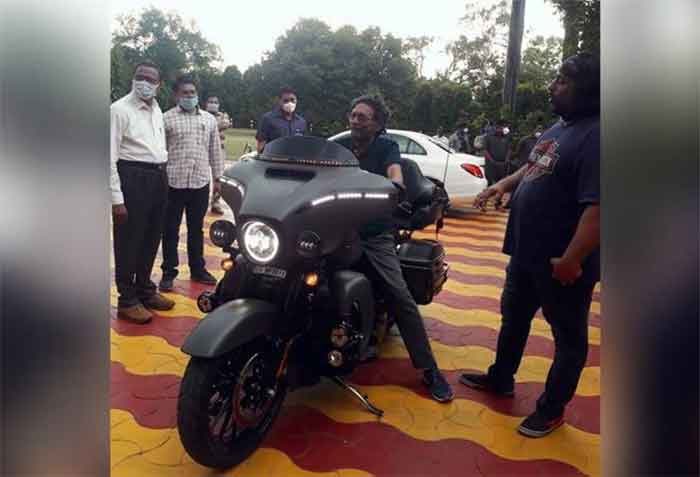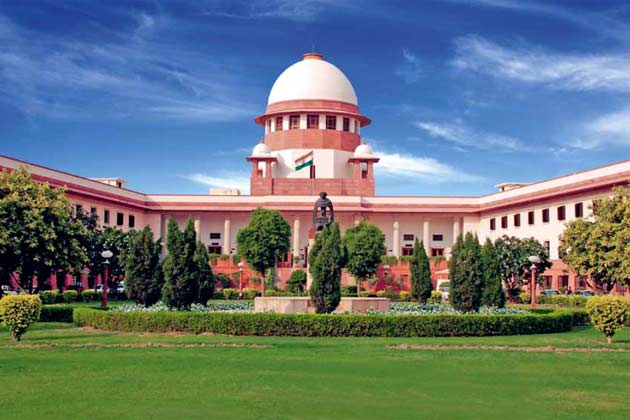
Justice.M.Khanwilkar’s recent judgments have provoked much controversy.His retirement has become an occasion for acerbic reviews of his past orders and also the SC’s role.It has been suggested that he had been assigned cases where the government was in a tight spot and every time he came to the government’s rescue with a battery of arguments as well as a deeply biased point of view that trumped the court’s supposed impartiality.Needless to add this reading casts a shadow on the Supreme Court itself.
Let us leave the matter to better equipped people for a searching discussion,but turn to some other aspects of interest.First,while courts are supposed to uphold Justice in the larger sense remaining above all bias,such abstract neutrality is practically impossible for flesh and blood human beings with emotions,passionate interests and unavoidable ideological leanings.But a judge is expected to train himself to cultivate frosty detachment to his own personal interests and preferences.Secondly,justice could become an elusive goal as the maze of established laws,conventions and precedents construct the mandatory path to it,but the accomplished judge knows how to pick his way through them.Thirdly,as former judge of the Supreme Court Justice Madan Lokur says in his rivetting interview to Karan Thapar in the WIRE,the courts can take an unfortunately narrow legalistic view of a case before it or can be aware of its wider ramifications, bearing this in mind in deciding on its relevance,validity and strength.
The Khanwilkar bench’s judgment on the latest amendments to the Prevention of Money Laundering Act has been found in fault on all three counts by people who have better knowledge of law and jurisprudence in general.They allege it studiedly avoids looking at larger ramifications for society and the state,and keeps out of its Ken such basic concerns as natural justice ,the fundamental judicial presumption of the innocence of an accused until he is proven guilty.It takes a positivist position on law/s and refuses to carry out what is desired in a judicial review.Besides it seems to respond with extreme hostility to any idea of taking the executive wing of the state to task on grounds of its supposedly transcendent integrity and sovereignty,in total oblivion of the source of its power in the sovereignty of the people.I need not go through the motion of marshaling all relevant facts as they have been repeated ad nauseam.
Justice Lokur says the amendments confer on the ED coercive power of the police to arrest and keep in custody anybody without giving him any inkling of the offence he is held guilty of by making the ECIR available to him.It goes even farther as it makes any statement made by him during interrogation an evidence against himself,something the police are debarred from in the interest of natural justice.Out of five thousand and odd cases only 23 of them have led to conviction.This,Justice Lokur says,indicates poor investigation,but the Khanwilkar bench,in stead of looking at the sloppiness of the law fair and square,finds a remedy in stead by making the law even more draconian and arbitrary.
Bail is impossible under such conditions,and even before trial the accused is turned into a victim.As the latter cannot prove his innocence as he is denied a copy of the ECIR.Neither is the ED likely to oblige him to with a copy of it during his application for bail.The PMLA thus remains a lethal weapon against people who are deprived of their fundamental rights even before conviction, especially their rights to equality before law and a due process underwritten by principle of fair trial.
Yet there have been pronouncements by other benches that have vehemently affirmed fundamental rights of citizens to freedom of expression,to fair trial and guarantee against the coercive outreach by the state.Is there a contradiction here?Perhaps there is.There is on the one hand a forceful and principled assertion of the freedoms enjoyed under the constitution ,and there is on the other hand a refusal to put hurdles on the way of the executive as the latter acquires and exercises more and more arbitrary coercive power.How has this contradiction come about?Has there been a ruthless inexorable thrust by the executive to undermine and suborn every other centre of power in the state and a countervailing determined effort to protect the ordinary citizen’s minimal liberties within a constricted sphere of civil society?Or has there been a subtle play of realpolitik to lull the common citizen’s awareness until the state administers the coup de grace?Has there been through collegium a deliberate attempt to dilute a felt toxicity in the ambience of the state,or a clever ploy to deceive judgment?Only the future will bring clarity and till then we have to watch with our fingers crossed,but on the alert to resist the radical transformation of the state and the courts.
One dislikes broaching such heady speculations,but the situation is really dire.Justice Khanwilkar’s extraordinary denigration of Teesta Setalvad’s integrity,his direction to the government to put her on the dock in his order on the Jakia Jafrey case,have sent alarm bells ringing in all quarters.There is an unspoken assertion that some individuals enjoy sovereign impunity and the law falls short in its reach when they are to be questioned for any impropriety.It would have been far better had they come out vindicated in such an ordeal.When judges fail or refuse to uphold the majesty of law,how can tyranny be prevented?Justice Lokur can hardly be said to lose his judicial insight and grasp of laws after his retirement,and he had warned that lower courts might not have the courage to set aside the highest court’s observations and grant bail to Ms Setalvad.We have seen it coming true in her two recent applications for bail.
The discussion on the SC judgment on the PMLA case has been inevitably coloured by impressions on the Khanwilkar judgment on the Teesta Setalvad’s petition on Zakiya Jafri.
Notoriously she has been denied most unfortunately her right of reply to direct accusation by the honorable judge who preempts this right.
The spate of money laundering cases against opponents of the government at a time when it seems to be caught up in the fall-out of its unfortunate decisions in every direction does seem to support the presumption that the ED has become its potent weapon against the opposition .And despite the loud whispers about BJP loyalists amassing riches blithely bending rules,they never seem to come under its scanner! Judges could hardly have failed to notice this.But the judgment under discussion seems to flagrantly evade it.Therefore the rumblings of protest against this judgment and the demeaning speculations it gives rise to are bound to occur until matters are given a proper and resolute direction by unambiguous action of the highest court itself,
Hiren Gohain is a political commentator














































